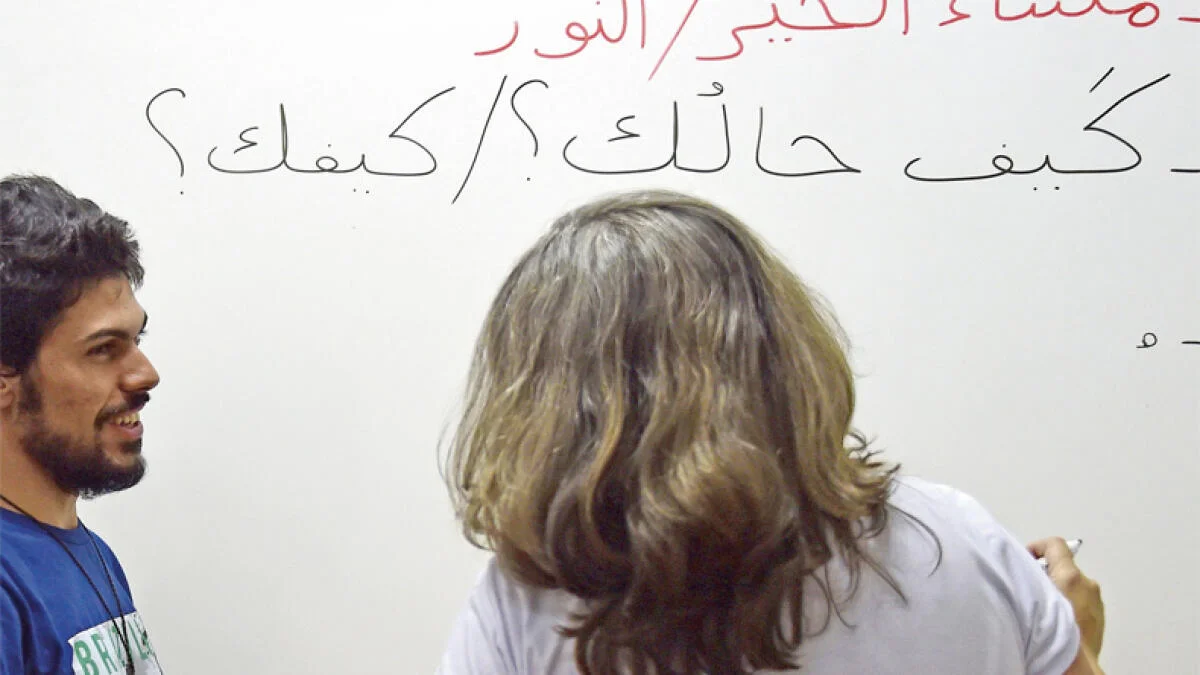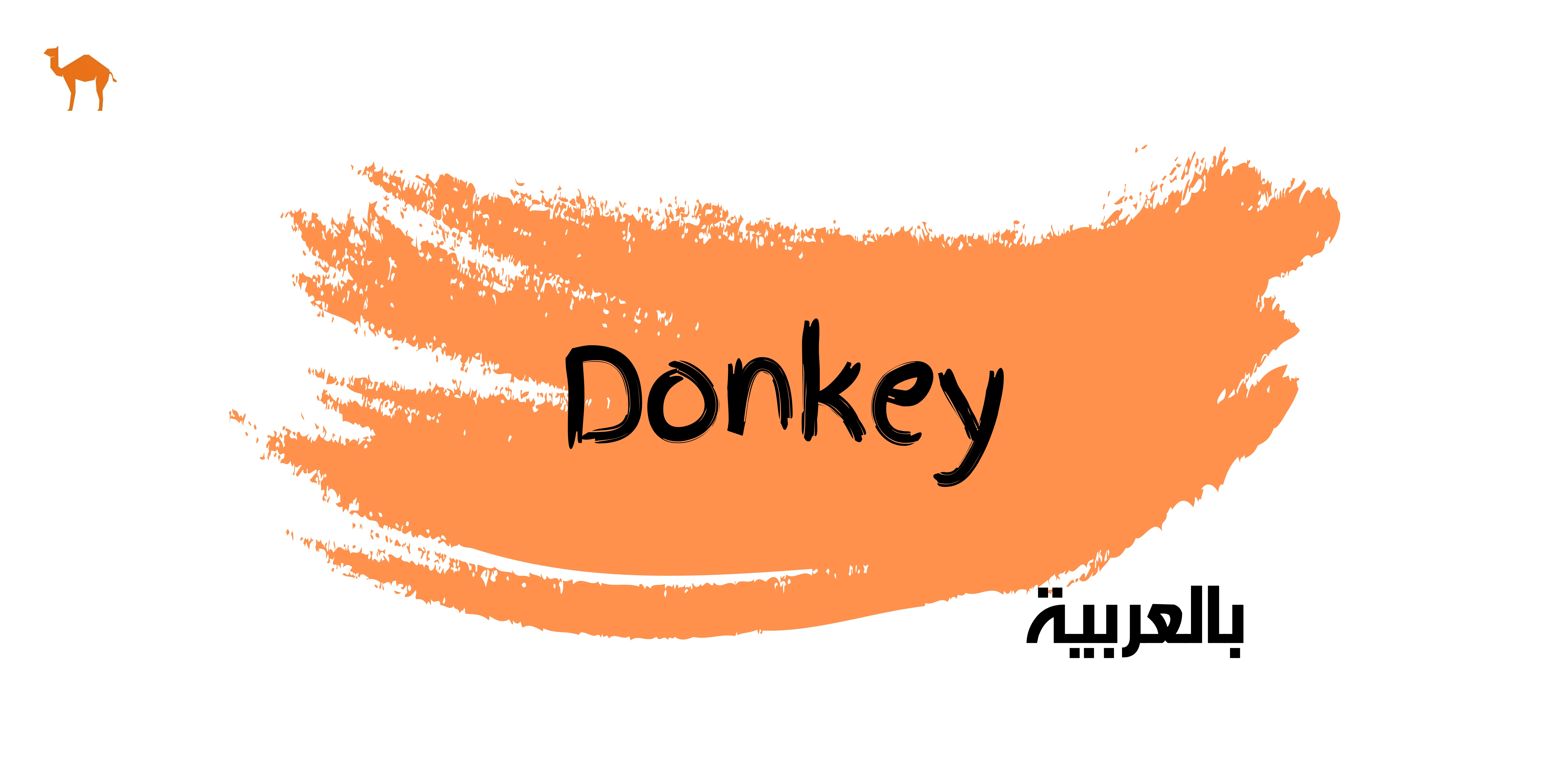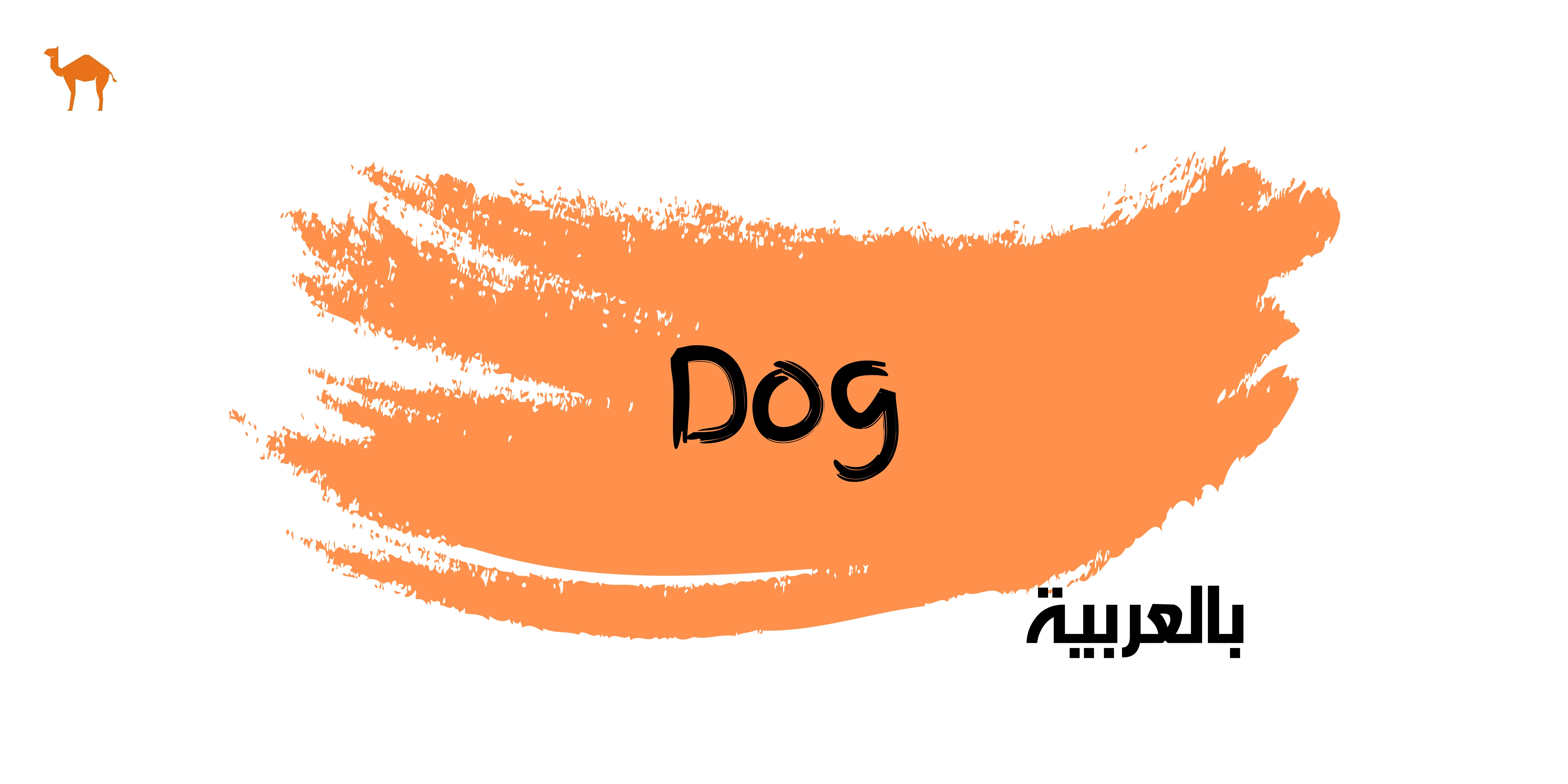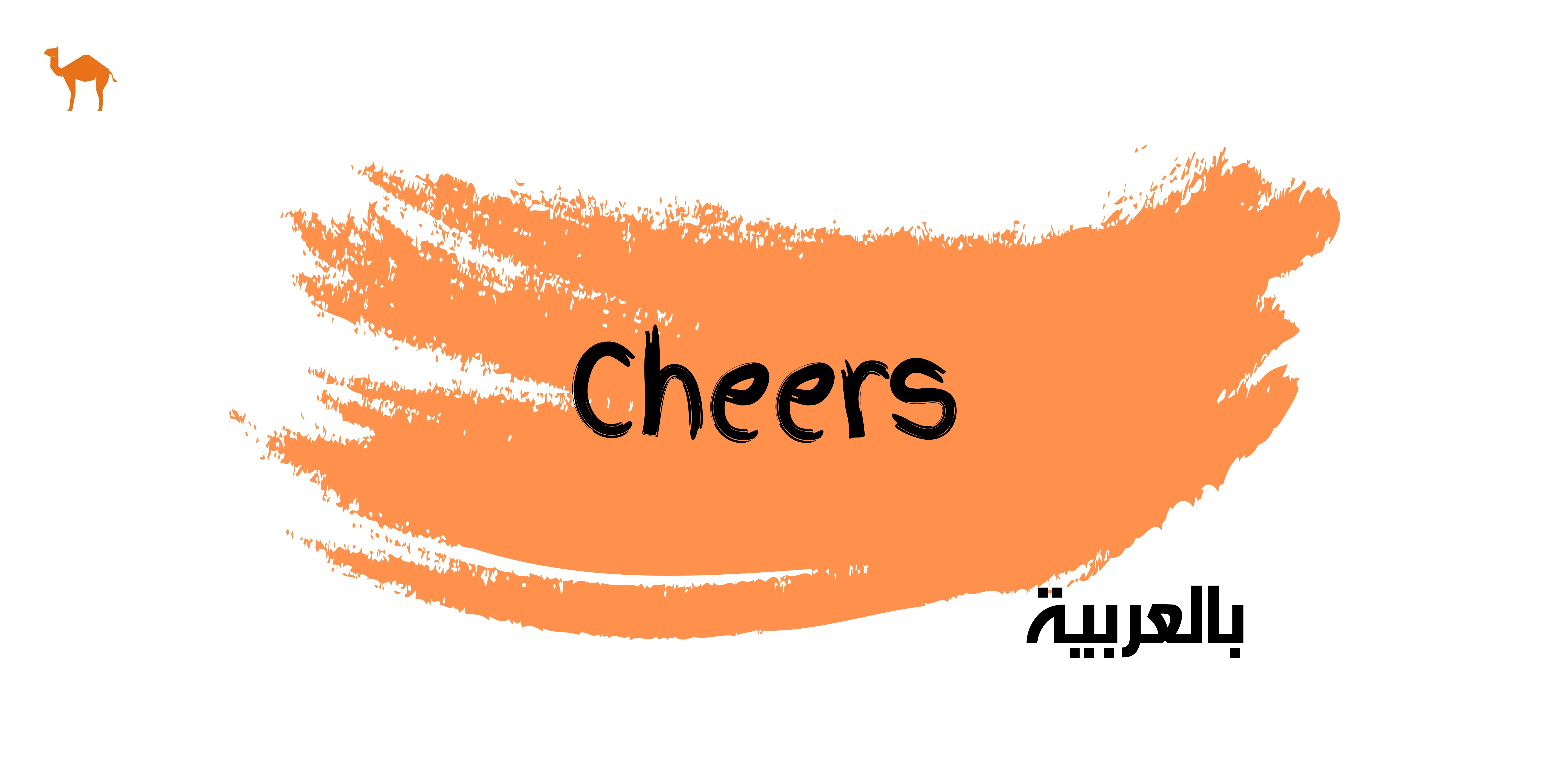Step-by-Step Guide to Learning Gulf Arabic for Business, Travel, and Cultural Immersion

Gulf Arabic (also called Khaleeji) is the Arabic language variant spoken by the locals of the United Arab Emirates (Dubai, Abu Dhabi, Sharjah, etc.), Qatar, Kuwait, Bahrain, parts of eastern Saudi Arabia, most of Southern Iraq and, to a lesser extent, Oman. Gulf Arabs speak it as their mother tongue and as a status dialect. It is employed in daily conversations, business, discussion shows on TV and radio, motion pictures, and music. You receive an abundance of everyday and business-related vocabulary and all the grammar you require to begin crafting sentences and expressing your ideas. Every Arabic word and sentence has an audio version and knowledge-testing quizzes. In this article, we are highlighting the importance and the various advantages of learning Gulf Arabic, and why it's crucial for anybody wishing to learn more about the language and culture and everything that is going on in your mind about Gulf Arabic, you will find a detailed answer with us.
Why Learning Gulf Arabic is Important for Global Opportunities
Business and Economic Influence
- Rich in Natural Resources: The Gulf region, particularly countries like Saudi Arabia, the UAE, Qatar, and Kuwait, are major players in the global energy market due to their vast oil and gas reserves. Companies worldwide are involved in energy projects, and knowledge of Gulf Arabic opens up direct communication channels with local stakeholders, leading to better negotiations and partnerships.
- Growing Economic Diversification: Many Gulf countries are investing heavily in non-oil sectors such as technology, tourism, finance, and education. Understanding Gulf Arabic helps individuals and businesses capitalize on these emerging industries.
Diplomatic and Strategic Importance
- Geopolitical Significance: The Gulf is strategically located, playing a key role in global politics and security. Proficiency in Gulf Arabic is crucial for diplomats, international agencies, and governments aiming to foster relations or mediate in the region.
- Influence in International Organizations: Gulf countries are influential members of organizations such as the United Nations, OPEC, and the Arab League. Knowing the local language enables a deeper understanding of regional policies and positions.
Cultural Understanding and Soft Power
- Cultural Bridge: Learning Gulf Arabic allows for deeper engagement with the rich traditions, customs, and values of the region. Understanding the local culture fosters stronger relationships, whether for personal travel or international business.
- Hospitality Industry: The Gulf region, especially cities like Dubai and Doha, has become a global hub for tourism and hospitality. Speaking Gulf Arabic can enhance career prospects in these booming industries, which require cultural fluency.
Career Opportunities
- Expatriate Job Market: The Gulf region hosts a large expatriate community. While English is widely spoken, many jobs, especially in government, media, and education, give preference to Arabic speakers.
- Translation and Interpretation Services: With the growing presence of multinational companies in the Gulf, there is a high demand for proficient Arabic translators and interpreters.
The Core Differences Between Gulf Arabic and Other Dialects
Gulf Arabic (also known as Khaleeji Arabic) is distinct from other Arabic dialects in several ways, ranging from pronunciation and vocabulary to grammar and usage. Here are the key differences between Gulf Arabic and other major Arabic dialects, such as Egyptian Arabic, Levantine Arabic, and Maghrebi Arabic:
Pronunciation
- "Qaf" (ق) Sound:
- In Gulf Arabic, the letter "ق" is often pronounced as a hard "g" sound (similar to the "g" in "go"). For example, the word for "heart" (قلب) is pronounced "galb" in Gulf Arabic.
- In Egyptian Arabic, "ق" is often pronounced as a glottal stop, so "قلب" becomes "ʔalb" (like a soft break).
- In Levantine Arabic, it varies, but the "qaf" is often dropped or softened to a glottal stop.
- In Maghrebi Arabic, the "ق" sound is usually retained as the classical "q" sound.
- "J" Sound (ج):
- In Gulf Arabic, the letter "ج" is usually pronounced like "y" (ي), so "جمل" (camel) is pronounced "yamal."
- In Egyptian Arabic, "ج" is pronounced as a hard "g" sound, so it becomes "gamal."
- In Levantine Arabic, "ج" is often pronounced like the French "j" or English "zh," so it becomes "jamal."
- In Maghrebi Arabic, "ج" is pronounced similarly to Modern Standard Arabic with a "zh" or "j" sound.
Vocabulary
- Different Words for Common Items
- Gulf Arabic: The word for "car" is "sayyara" (سيارة).
- Egyptian Arabic: "ʿarabiya" (عربية) is commonly used for "car."
- Levantine Arabic: Uses both "sayyara" and "ʿarabiya" interchangeably.
- Different Greetings
- Gulf Arabic: "How are you?" is "shlonak" (شلونك) or "kayf halak."
- Egyptian Arabic: "izzayak" (إزيّك).
- Levantine Arabic: "keefak" (كيفك).
- Maghrebi Arabic: "labas?" (لاباس؟) or "kidayr?" (كي داير؟).
Grammar and Sentence Structure
- Future Tense
- In Gulf Arabic, the future tense is often indicated with the prefix "b-" or "raḥ."
Example: "bakil" (I will eat) or "raḥ akil" (I will eat).
- In Egyptian Arabic, "ḥa-" is used to indicate the future tense.
Example: "ḥakol" (I will eat).
- In Levantine Arabic, "raḥ" or "ḥa" is used.
Example: "raḥ akul" or "ḥa akul."
- In Maghrebi Arabic, "gha" is used.
Example: "gha nakul."
Speed and Rhythm of Speech
Gulf Arabic tends to have a slower, more deliberate rhythm compared to the fast pace of Egyptian Arabic or the clipped pronunciation in Maghrebi Arabic. This often makes Gulf Arabic sound more drawn out or formal to speakers of other dialects.
Shared Classical Features
While Gulf Arabic has modern variations, it also retains some features closer to Modern Standard Arabic (MSA) compared to Egyptian and Levantine dialects. For instance, the pronunciation of certain letters (like the “qaf” and “dhal” sounds) and some grammatical structures remain closer to MSA.
Differences in Addressing People
In Gulf Arabic, addressing someone might involve using terms of respect and family lineage more frequently than in other dialects. For example: "Abu" (father of) and "Umm" (mother of) are often used to address adults by the name of their eldest child, showing respect.
Essential Vocabulary for Conversational Gulf Arabic
Greetings and Courtesies
- Hello: هلا (hala) / مرحبا (marhaban)
- How are you?: شلونك؟ (shlonak?) [to a male] / شلونچ؟ (shlonich?) [to a female]
- Good morning: صباح الخير (sabaḥ al-khayr)
- Good evening: مساء الخير (masā' al-khayr)
- Good night: تصبح على خير (tiṣbaḥ ʿala khayr)
- Goodbye: مع السلامة (maʿa al-salāmah)
- Thank you: شكراً (shukran)
- You're welcome: العفو (al-ʿafw)
- Please: لو سمحت (law samaḥt)
- Excuse me: عفواً (ʿafwan)
- Sorry: آسف (āsif) [male] / آسفة (āsifa) [female]
Basic Questions
- What?: شنو؟ (shinu?)
- Why?: ليش؟ (laish?)
- Where?: وين؟ (wain?)
- When?: متى؟ (mita?)
- Who?: منو؟ (minu?)
- How much?: بكم؟ (bikim?)
- How?: شلون؟ (shlon?)
- Which?: أي؟ (ayy?)
Common Phrases
- Yes: إيه (ēh)
- No: لا (lā)
- OK: زين (zain) / طيب (ṭayyib)
- I don’t know: ما أدري (ma adri)
- I understand: فاهم (fahim) [male] / فاهمة (fahma) [female]
- I don’t understand: ما أفهم (ma afham)
- I speak a little Arabic: أتكلم شوية عربي (atakallam shwayyah ʿarabi)
Everyday Objects
- Car: سيارة (sayyāra)
- House: بيت (bait)
- Food: أكل (akil)
- Water: ماي (mai)
- Phone: جوال (jawwal)
- Money: فلوس (fulūs)
- Work: شغل (shughul)
Time and Directions
- Today: اليوم (alyoum)
- Tomorrow: باچر (bācher)
- Yesterday: امس (ams)
- Morning: الصبح (al-ṣubḥ)
- Night: الليل (al-lail)
- Right: يمين (yameen)
- Left: يسار (yasār)
- Straight: سيده (sīda)
- Near: قريب (qarīb)
- Far: بعيد (baʿīd)
At a Restaurant
- I’m hungry: أنا جوعان (ana jawʿān) [male] / أنا جوعانة (ana jawʿāna) [female]
- I’m thirsty: أنا عطشان (ana ʿaṭshān) [male] / أنا عطشانة (ana ʿaṭshāna) [female]
- Food: أكل (akil)
- Tea: شاي (shāy)
- Coffee: قهوة (gahwa)
- Water: ماي (mai)
- Check, please: الحساب لو سمحت (al-ḥisāb law samaḥt)
Expressing Needs
- I need: أحتاج (aḥtāj)
- I want: أبغى (abghā) / أبي (abi)
- I like: أحب (uḥibb)
- I don't want: ما أبغى (ma abghā)
- Help me: ساعدني (sāʿidni) [to a male] / ساعديني (sāʿidīni) [to a female]
Understanding the Cultural Context Behind Gulf Arabic Expressions
Understanding the cultural context behind Gulf Arabic expressions is key to grasping their deeper meanings, emotional undertones, and the values they reflect. The Gulf region, comprising countries like Saudi Arabia, the UAE, Qatar, Kuwait, Oman, and Bahrain, is deeply influenced by Islamic traditions, Bedouin heritage, and its unique historical role as a trade hub. Here are some important cultural aspects behind common Gulf Arabic expressions:
Respect and Politeness
Gulf Arabic, like many dialects, places a strong emphasis on politeness and respect in both personal and professional interactions. The cultural value of "adab" (manners) and "iḥtirām" (respect) is reflected in everyday speech.
- "Al-Salām ʿalaykum" (السلام عليكم) - Peace be upon you:
This is a common greeting that carries deep Islamic significance. It reflects a wish for peace and well-being and is used in both casual and formal contexts. The reply, "Wa ʿalaykum al-salām" (and upon you be peace), completes this exchange of goodwill. The importance of hospitality and mutual respect is embedded in this greeting, setting a tone of friendliness. - "Law samaḥt" (لو سمحت) - Please:
This phrase is used when making a request and is essential for showing politeness. In Gulf culture, being courteous and avoiding direct or demanding language is crucial to maintaining harmonious relationships. - "Shukran" (شكراً) - Thank you and "Al-ʿafw" (العفو) - You’re welcome:
Expressing gratitude is considered vital. Responding to a "thank you" with "al-ʿafw" implies that the act of kindness or help was done freely and without expectation of return, reflecting the Gulf tradition of generosity.
Hospitality and Generosity
Hospitality is a core value in Gulf culture, deeply rooted in Bedouin traditions where hosting guests and providing for others was essential for survival in the desert. This is reflected in both language and actions.
- "Marḥaba" (مرحبا) - Welcome:
This phrase is often used to greet visitors and reflects the warm, welcoming nature of Gulf society. Being a good host is highly respected, and many Gulf Arabic expressions revolve around ensuring that guests feel comfortable and valued. - "Tfaddal" (تفضل) - Please come in / go ahead:
This is an important expression used when inviting someone to sit, eat, or enter a space. It shows the host’s eagerness to ensure the guest is comfortable. It’s often repeated several times as a sign of genuine hospitality.
Religious Significance
Islam plays a central role in shaping the values and daily life of the Gulf region. Many Gulf Arabic expressions are derived from Islamic teachings or refer to religious concepts.
- "Insha'Allah" (إن شاء الله) - God willing:
This phrase is used when discussing future events, acknowledging that everything is ultimately in God's hands. It reflects the deep faith and belief in divine will that is common in Gulf society. It’s not just a linguistic habit but a reflection of how intertwined religion is with daily life. - "Ma sha' Allah" (ما شاء الله) - What God has willed:
This expression is often used to praise someone’s success, good fortune, or beauty without implying envy. It acknowledges that all blessings come from God and helps avoid the "evil eye," a common belief in the region. For example, someone might say "ma sha' Allah" when complimenting a child or someone's achievement. - "Alḥamdulillah" (الحمد لله) - Praise be to God:
Used to express gratitude or contentment, this phrase reflects the Gulf culture's emphasis on being thankful for whatever circumstances one faces, whether good or bad. It is commonly said in response to the question "How are you?" as a way of expressing contentment with one's condition.
How Gulf Arabic is Used in Business and Diplomacy
In the Gulf region, Arabic, particularly Gulf Arabic, plays a significant role in business and diplomacy. Its usage is shaped by both traditional and modern contexts, as well as the region’s unique position in global commerce and international relations. Here’s how Gulf Arabic is applied in these domains:
Business Communication
- Local Business Settings: Gulf Arabic is commonly used in daily business interactions, especially in informal or domestic settings. It’s the preferred language among local businesses, particularly in industries such as retail, construction, and domestic services. Employees and clients who are native speakers typically communicate in Gulf Arabic.
- Multinational Companies: In international business contexts, English often takes precedence as the official language of communication, especially in industries like finance, oil, and telecommunications. However, knowing Gulf Arabic is seen as an advantage when building relationships with local clients or partners, as it reflects cultural understanding and respect.
- Government Contracts: In sectors tied to government operations or contracts, Gulf Arabic plays a stronger role. Local businesses, especially SMEs (small and medium enterprises), dealing with government contracts or tenders often prefer to use Gulf Arabic, although documentation might also be required in Modern Standard Arabic (MSA).
Diplomacy
The Gulf region plays an influential role in international diplomacy, particularly in the Arab world, Islamic organizations, and global affairs. Arabic, particularly Gulf Arabic in informal or regional settings, is an essential tool for communication in diplomacy.
- Diplomatic Protocols:
In diplomatic circles, Gulf Arabic is often spoken in bilateral or multilateral meetings between Gulf Cooperation Council (GCC) member states. These include Saudi Arabia, the UAE, Qatar, Kuwait, Oman, and Bahrain. However, Modern Standard Arabic (MSA) is used for formal documents, speeches, and agreements. During less formal meetings, the use of Gulf Arabic helps create a sense of regional solidarity and familiarity. Diplomats will often switch between Gulf Arabic and MSA depending on the audience. - Showing Respect and Building Trust:
Respectful language is essential in diplomacy. Addressing high-ranking officials with their appropriate titles, such as "Excellency" (فخامة), or "Sheikh", is critical. Gulf Arabic’s emphasis on hospitality and politeness aids in soft diplomacy. "Tfaddal" (تفضل) is used to extend invitations in diplomatic contexts, whether offering a seat, food or inviting someone to speak. "Shukran jazeelan" (شكراً جزيلاً), meaning "Thank you very much," shows deep appreciation, and is used often in diplomatic exchanges to express gratitude for cooperation or hospitality.
Join Thousands of Professionals Learning Gulf Arabic for Career Growth
- Gain a Competitive Edge in the Job Market
The Gulf region is home to some of the world's fastest-growing economies, including the UAE, Saudi Arabia, and Qatar. Many multinational corporations, investment firms, and government agencies have regional offices or partnerships here, and speaking Gulf Arabic gives you a distinct advantage. Whether you're working in oil and gas, finance, real estate, or international trade, being able to communicate in the local dialect can set you apart from competitors. - Build Stronger Relationships with Local Clients
Business in the Gulf is deeply rooted in personal relationships and trust. By learning Gulf Arabic, you can engage with local clients on a deeper level, showing respect for their culture and language. Understanding Gulf-specific idioms and expressions helps create rapport, which is essential in a business environment where trust and long-term relationships are highly valued. - Navigate Complex Business Negotiations
Gulf Arabic is often used in negotiations, particularly when dealing with local companies or government officials. Understanding the nuances of the language can help you better interpret what’s being communicated during meetings and negotiations. You’ll also be able to respond appropriately, knowing when to use formal or informal language, and how to avoid misunderstandings that could arise from cultural differences. - Expand Your Professional Network
Gulf countries place a strong emphasis on networking and social gatherings as part of doing business. Events like business dinners, conferences, and casual meetings provide opportunities to meet key figures in various industries. Speaking Gulf Arabic allows you to participate more fully in these interactions, helping you form new professional relationships that can advance your career. - Career Opportunities in Diplomacy and International Relations
The Gulf plays a vital role in international diplomacy, and many professionals working in embassies, NGOs, or multinational organizations find that learning Gulf Arabic helps in diplomatic and political contexts. From understanding informal conversations between diplomats to handling sensitive negotiations, proficiency in Gulf Arabic is a valuable asset in the realm of international relations.
Get Personalized Gulf Arabic Lessons with Native Tutors
Benefits of Learning with Native Gulf Arabic Tutors
- Cultural Insights: Native tutors can give you valuable insights into Gulf customs, etiquette, and social norms, enhancing your understanding of the region.
- Enhanced Pronunciation: Listening to and practicing with a native tutor will help you master the subtleties of Gulf Arabic pronunciation, ensuring that you communicate clearly.
- Real-Life Conversations: Practice everyday conversations with a native speaker, preparing you for real-world situations, whether at work, in the market, or at social gatherings.
How It Works:
- Sign Up
Start by selecting a qualified native tutor who matches your learning style and objectives. Most platforms allow you to browse tutor profiles, check their qualifications, and read reviews from other students. - Set Your Goals
Work with your tutor to outline your language goals. Whether you want to learn basic greetings or conduct a business presentation in Gulf Arabic, your lessons will be shaped to help you achieve those targets. - Begin Your Lessons
Start learning through video calls, online platforms, or in-person lessons, based on your preference. Lessons can be as interactive and dynamic as you need, with the use of audio, visual aids, and conversation exercises to enhance your learning. - Track Your Progress
With personalized lessons, you’ll receive regular updates on your progress, along with strategies for improvement. You can adjust the pace or content as you go, making sure the lessons stay relevant and effective.
Start Your Gulf Arabic Journey Today with a Free Trial Lesson
Are you ready to take your first step toward mastering Gulf Arabic? Whether you're aiming to boost your career, improve your communication skills, or immerse yourself in the culture, learning Gulf Arabic can open many doors. Now is the perfect time to start your language journey with a free trial lesson from our native tutors who can guide you every step of the way!
Unlock Exclusive Learning Resources to Master Gulf Arabic
Mastering Gulf Arabic requires more than just basic lessons—you need the right resources to reinforce your learning and immerse yourself in the language. Whether you're learning for business, travel, or personal growth, having access to high-quality, exclusive learning materials can fast-track your progress.
Interactive Learning App
Unlock premium access to Gulf Arabic apps that offer interactive lessons on-the-go. DALIL is perfect for practicing:
- Speaking and listening exercises with native speakers.
- Flashcards and quizzes for reinforcing vocabulary.
- Real-time conversations to improve fluency and comprehension.
Exclusive video and audio lessons on DALIL allow you to listen to native speakers and improve your listening comprehension, including:
- Conversational Gulf Arabic lessons with situational dialogues.
- Recordings of native speakers pronouncing difficult words and phrases.
- Podcasts or audio series that explore the Gulf region’s language, culture, and history.
Fast-Track Your Learning with Our Step-by-Step Gulf Arabic Lessons
Learning Gulf Arabic can be a rewarding experience, but with the right approach, you can make rapid progress and achieve fluency faster than you might expect. By following a structured, step-by-step learning plan, you can develop your language skills efficiently and confidently. Whether you're learning for business, travel, or personal enrichment, here’s how you can fast-track your Gulf Arabic journey:
Step 1: Start with Essential Greetings and Basic Phrases
The best way to dive into Gulf Arabic is by learning the most commonly used greetings and everyday expressions. Mastering these basics will help you navigate social interactions immediately.
- Marhaba (Hello).
- Shlonak? (How are you?).
- Ahlan wa sahlan (Welcome).
- Shukran (Thank you).
Tip: Practice saying these aloud and using them in short dialogues. Focus on pronunciation to sound natural.
Step 2: Learn Pronunciation and the Gulf Accent
Gulf Arabic has its unique pronunciation patterns. Listening to native speakers is key to mastering the correct accent and tone. Pay attention to:
- Guttural sounds are common in Arabic.
- The pronunciation of certain letters like "ج" (jeem), which may vary in the Gulf.
- Emphasis on certain syllables and word endings.
Tip: Use audio resources or language apps to train your ear for Gulf-specific sounds.
Step 3: Build Your Vocabulary with Common Words
Once you’ve mastered the basics, expand your vocabulary by learning keywords related to daily activities, such as:
- Numbers (Wahid, Ithnayn, Thalatha...)
- Days of the week (Al-Ahad, Al-Itneen...)
- Family members (Ab, Umm, Akh, Ukht)
- Common places (Souq, Maktab, Mataar)
Tip: Create flashcards or use a vocabulary app to help you remember new words.
Step 4: Focus on Essential Grammar
To fast-track your learning, start with the most important grammar rules that are frequently used in daily conversations:
- Subject-Verb-Object sentence structure: For example, "Ana arooh al-souq" (I go to the market).
- Verb conjugation: Practice present tense verbs like "Ana" (I), "Anta" (you, masculine), "Anti" (you, feminine).
- Pronouns: "Ana" (I), "Anta" (you), "Howa" (he), "Hiya" (she).
Tip: Focus on understanding these core grammatical structures before moving on to more complex forms.
Step 5: Practice Real-Life Conversations
Once you have a foundational understanding of basic vocabulary and grammar, it's time to apply them in real conversations. Practice simple dialogues, like:
- Ordering food: "Abi chai" (I want tea).
- Asking for directions: "Wain al-souq?" (Where is the market?).
- Talking about yourself: "Ismi Ali" (My name is Ali).
Tip: Use language apps, speak with native speakers, or join online language exchange programs to practice conversation regularly.
Step 6: Explore Cultural Expressions and Gulf Idioms
Understanding the cultural context behind Gulf Arabic phrases can make your conversations more authentic. Some common expressions include:
- Insha'Allah (God willing) – often used when discussing plans.
- Ma sha' Allah (What God has willed) – used to express admiration or blessing.
- Yallah (Let’s go/come on) – used to encourage or call for action.
Tip: Pay attention to how these expressions are used in everyday conversation by watching Gulf Arabic TV shows or videos.
Explore the richness of the Arabic language and culture with us. Whether you're a beginner or an advanced student, our comprehensive curriculum and expert instruction provide an immersive learning experience accessible from anywhere in the kingdom, Dive into the program in Arabic, designed to deepen your understanding and proficiency in this vital language, With flexible scheduling and state-of-the-art online resources, eArabic.io ensures that students can pursue their academic goals without compromising on quality. Book a free lesson now!


